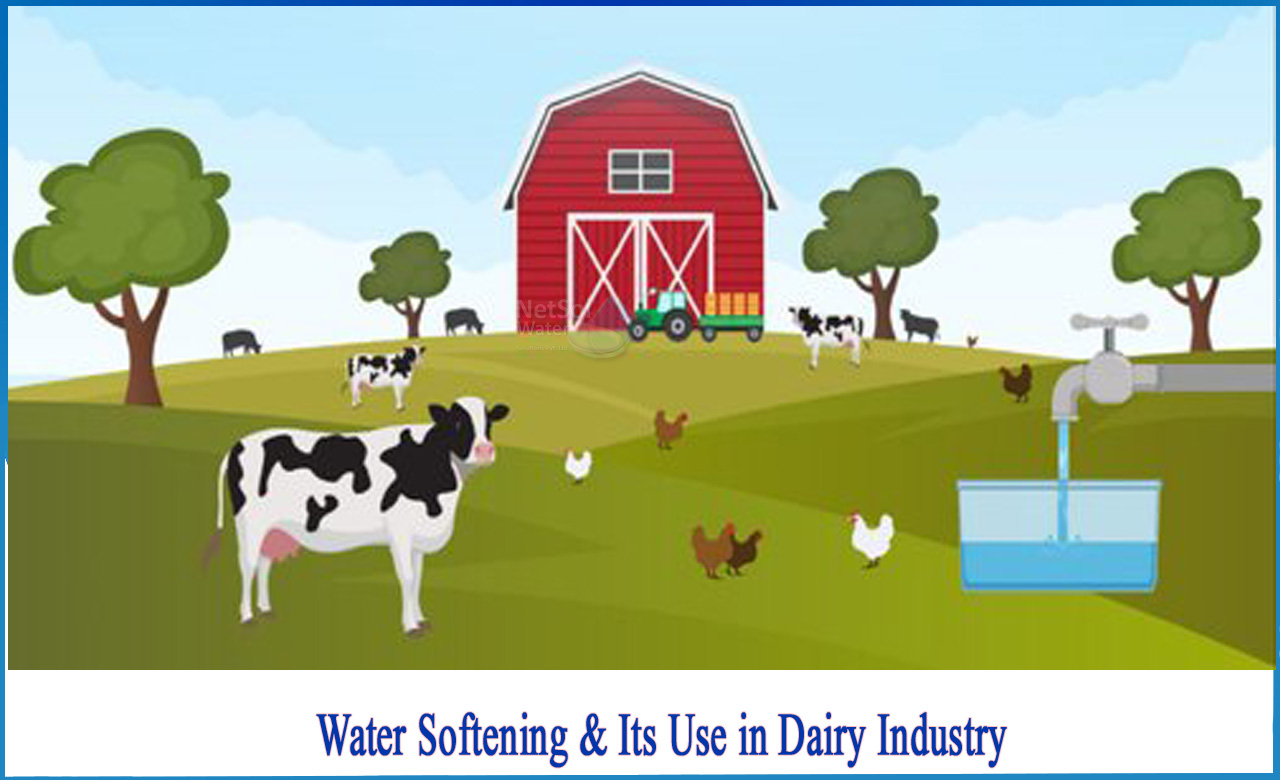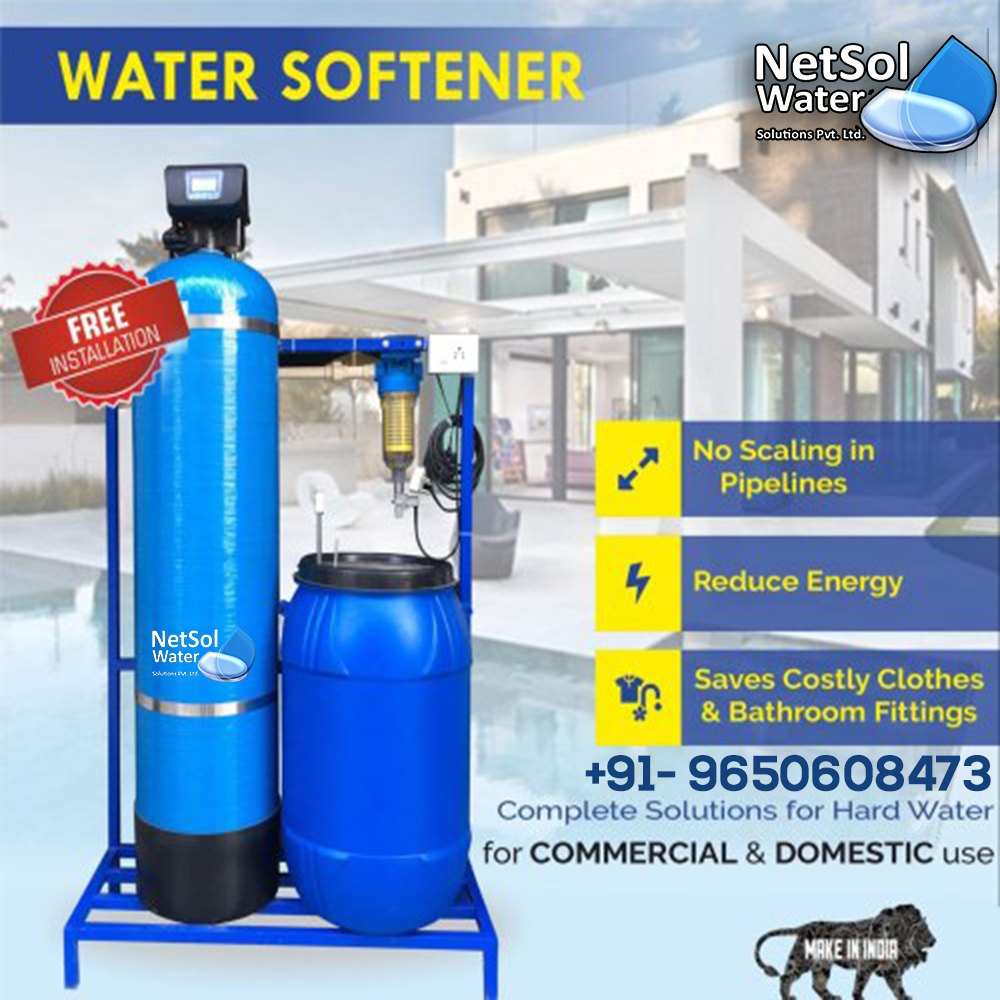Why use water softener in dairy industry?
Water used in dairies can be broadly classified on the basis of their usage as:
· Process water.
· Cooling Water.
Water that is used for direct production, cleaning and various other technical purposes is termed as process water. For example: cleansing of machinery, transport of products, dissolving the ingredients and water remaining in the final processed food. The process water comes in contact with the product directly or either indirectly. And hence due to this process water has drinking water quality.
The process used for the removal of heat from streams and products is known as cooling water. To cool milk, this method is used and in this process plate heat is used.
WATER DISTRESS
The most environmental problems faced by many countries nowadays is shortage of water. Inadequate water supply sources are present and that too, they have a limited capacity for water storage. Low cost solutions should be adapted that is by employing efficient practices. By improving infrastructure like upgrading equipment, efficient water treatment systems, the scope of getting water at low cost can be expanded.
In milking cow’s ration, water is the most vital nutrient and this is by weight and this makes greater than 80 percent of the total intake by weight. The water quality issues are of serious concern while taking down on dairy industry.
Additionally, water testing and/or treatment should be considered if any of those things are greater than certain acceptable levels. Also at higher levels they may negatively affect animal health and/or milk production, which may interfere with the germicidal activity of cleansers and sanitizers (e.g., chlorine) and cause problems with water system components.
In addition to this, water quality problems like excess iron can lead to such poor animal performance e.g., health problems that it can be a “business-breaker.”
WATER TREATMENT OPTIONS
Water treatment options varies depending on the water quality issue. The main problem in treating drinking water on dairy farms is posed by the huge volumes of water.
High-producing dairy cow may consume up to, or even more than, 50 gallons per day. This uses over hundreds or thousands of cows, quickly results in a staggering daily volume of water that requires treatment.
Other water treatment options include distillation, reverse osmosis, ion exchange resin system, oxidation + filtration via aeration (often called an “iron curtain”) and hydrogen peroxide injection systems.
Removing excess TDS and excess sulphate + chlorine usually employs traditional water softeners or RO systems. Reverse osmosis systems remove 80 to 90 percent depending on their design. 80 to 90 percent is removed by using reverse osmosis systems but that depends on the design.
Conventional water softeners are good, but not designed to handle large volumes of water and requires a sufficient or large place to dispose of the brine flush water, needed to recharge the system.
For more info, contact Netsol Water.




